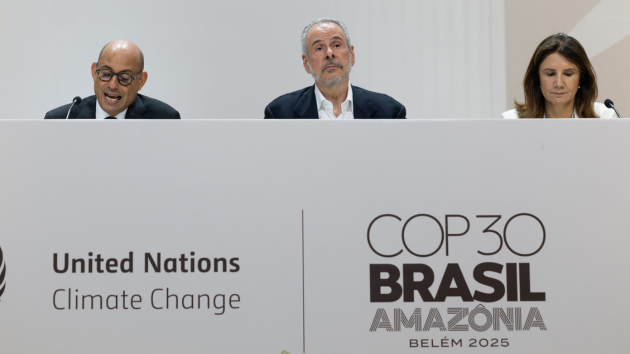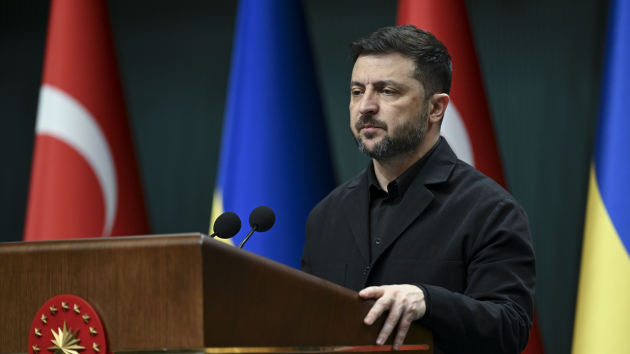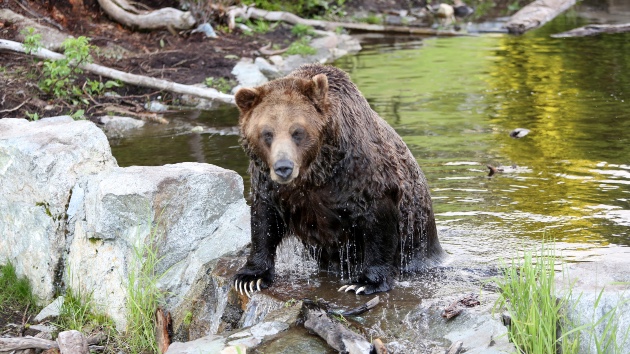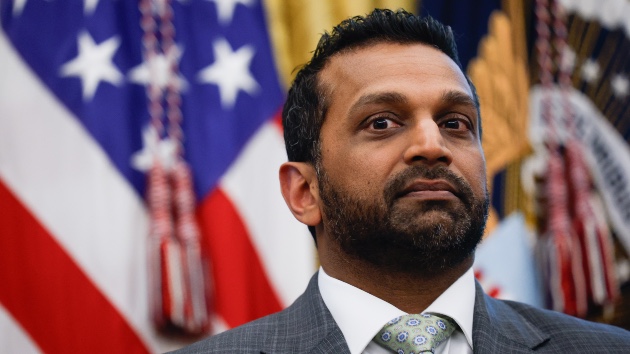Zelenskyy calls on US to impose ‘strong’ sanctions on Russia at UN General Assembly
Written by ABC Audio ALL RIGHTS RESERVED on September 22, 2025
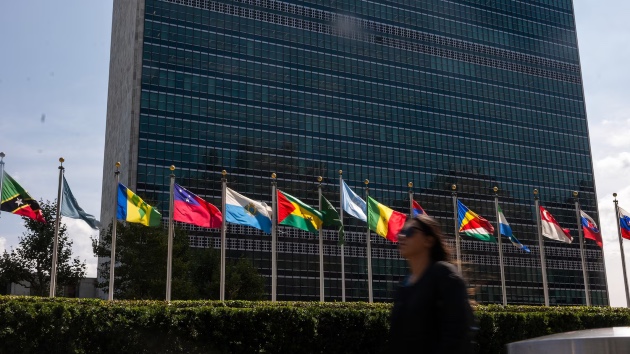
(LONDON) — Ukrainian President Volodymyr Zelenskyy urged attendees of this week’s United Nations General Assembly sessions in New York to use the meeting of world leaders to apply “strong political pressure” on Russia, as Moscow’s war on its neighbor wears on.
Zelenskyy posted to social media on Monday morning, following Russia’s latest overnight strike on Ukrainian cities across the country. Drones hit Donetsk, Dnipro, Sumy, Kyiv, Kharkiv, Zaporizhzhia and Kherson regions, Zelenskyy said.
At least three people were killed in Zaporizhzhia, the president said. Ukraine’s air force said Russia launched 141 drones into the country, of which 132 were downed or suppressed.
“This is already the fourth time that Russia accompanies one of the highest annual global diplomatic events with killings,” Zelenskyy said in his post, referring to this week’s UNGA sessions.
“That is why it is so important for this diplomatic week to be productive,” he added. “We must act so that killings and war do not become routine.”
“There is a real need for strong pressure on Russia, new joint steps from everyone in the world who believes that international law must work again,” Zelenskyy said, calling specifically on “Europe, the USA, the G7 and G20 countries — all those who have real influence on Russia.”
“Strong sanctions, strong political pressure, Russia’s accountability for the war — all of this is necessary,” Zelenskyy wrote. “All of this will happen.”
U.S.-led peace talks have thus far failed to produce a ceasefire in Ukraine, where Russian forces remain on the offensive at multiple points along the front line three-and-a-half years into Moscow’s full-scale invasion.
Russian attacks on Ukraine have intensified since U.S. President Donald Trump met with Russian counterpart Vladimir Putin in Alaska in August.
And in recent weeks, repeated Russian drone and aircraft violations of NATO airspace in Poland, Romania and Estonia have further raised tensions between Moscow and its Western adversaries.
At Tallinn’s request, the United Nations Security Council will convene an emergency meeting on Monday to discuss the violation of Estonian airspace by three Russian fighter aircraft on Sept. 12.
Trump — who is expected to meet with Zelenskyy in New York this week — has repeatedly expressed his frustration with Putin over the failure of peace efforts and Moscow’s continued long-range strikes. While in the U.K. last week, Trump said Putin had “let me down.”
Nonetheless, Trump has refused to impose on Russia the full raft of additional sanctions and tariffs that he has threatened. The White House did introduce additional 25% tariffs on all Indian imports in response to New Delhi’s continued purchases of Russian oil and military goods.
Trump said last week that he would not introduce further measures until European nations — who have broadly been more full-throated than the White House in their continued military and political backing for Kyiv — impose steep tariffs on India and China.
Oleksandr Merezhko, a member of the Ukrainian parliament and chair of the body’s foreign affairs committee, told ABC News that the planned Trump-Zelenskyy meeting in New York this week is positive.
“It’s always good and gives a chance to make him more receptive to our needs,” he said. “At the same time, I don’t have high expectations. Trump seems reluctant to employ serious sanctions against Russia and its allies.”
Kyiv will be watching closely to see how many states back a planned resolution expressing support for Ukraine. “It’s indicative of our support in the world, including in the Global South,” Merezhko said.
Russian officials, meanwhile, have signaled no imminent willingness to agree to a ceasefire or to a meeting between Putin and Zelenskyy, an idea proposed by Trump after his Alaska summit with the Russian president.
Last week, Russian Foreign Minister Sergei Lavrov said Trump’s disappointment with the pace of the negotiations with Russia can be “partly explained by the fact that he wants quick solutions.”
ABC News’ Anna Sergeeva and Ellie Kaufman contributed to this report.
Copyright © 2025, ABC Audio. All rights reserved.
